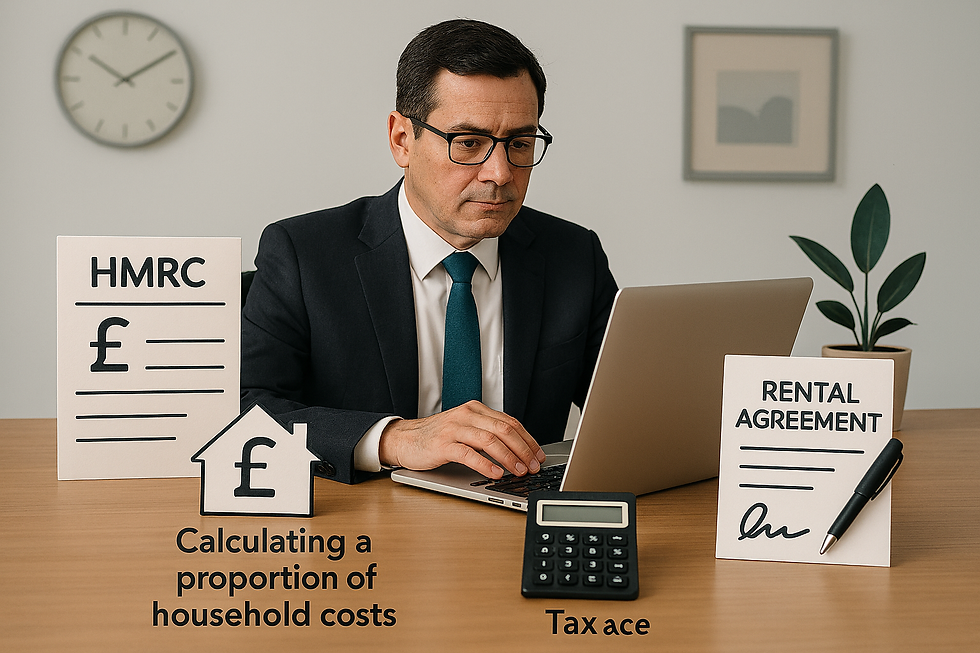Shareholders vs Directors in a UK Company: What are the differences?
- nk2095
- Oct 21, 2024
- 3 min read
When forming a limited company in the UK, it's important to understand the distinction between shareholders and directors. They both have different responsibilities but often for small businesses we see the roles overlapping.
We have broken down the key differences below.
1. Who Are Shareholders?
Shareholders, also known as members, are the owners of a limited company. They invest in the company by purchasing shares, which gives them an ownership stake in the business. The proportion of shares a person holds determines the extent of their ownership and their entitlement to dividends.
Key Responsibilities and Rights of Shareholders:
Ownership of the Company: Shareholders own the company, with each shareholder's stake determined by the number of shares they hold.
Voting Rights: Shareholders have the right to vote on significant company decisions, such as appointing or removing directors, approving financial statements, and major business changes.
Receiving Dividends: Shareholders are entitled to a share of the company's profits through dividends, which are distributed in proportion to the number of shares held.
Limited Liability: A key benefit for shareholders in a limited company is limited liability. This means they are only liable for the company’s debts up to the value of their shares—protecting their personal assets.

If you want to read more about limited liability and your business structure. See our article here.
2. Who Are Directors?
Directors are appointed by the shareholders to manage the day-to-day operations and make strategic decisions for the company. They are employees, responsible for ensuring the company complies with legal and regulatory requirements and acts in the best interests of the company and its shareholders.
Key Responsibilities and Rights of Directors:
Managing the Company: Directors are responsible for running the company, making operational, and ensuring its success.
Fiduciary Duties: Directors have legal responsibilities, known as fiduciary duties, which include acting in good faith, avoiding conflicts of interest, and exercising care.
Filing Requirements: Directors are responsible for ensuring that the company complies with UK laws, including filing annual accounts, submitting confirmation statements, and paying corporation tax.
Decision Making: Directors make day-to-day decisions about running the company but must seek shareholder approval for major business decisions
Remuneration: Directors can be paid via a salary and bonus like a typical employee for their role, unlike shareholders, who receive dividends based on profit.
3. Can a Person Be Both a Shareholder and a Director?
As small business accountants, most of the businesses we help are owner managed businesses. Which means the shareholders are also directors.
However we also see many businesses with seperate investor shareholders who appoint directors to run their business.
It is essential to remember that the roles are distinct, and directors must act in the company’s best interests, even if they also hold shares.
4. Shareholder Rights vs Director Responsibilities
Shareholders and directors have distinct but interrelated roles. Shareholders invest in the company and receive a return through dividends, while directors manage the business to ensure it performs well. It’s the directors' responsibility to run the company in a way that benefits the shareholders.
In some cases, conflicts of interest can arise between shareholders and directors. For instance, directors may choose to retain profits for reinvestment rather than distribute dividends. If shareholders feel the directors aren’t acting in the company’s best interest, they can use their voting power to make changes, such as removing or appointing new directors.








Comments